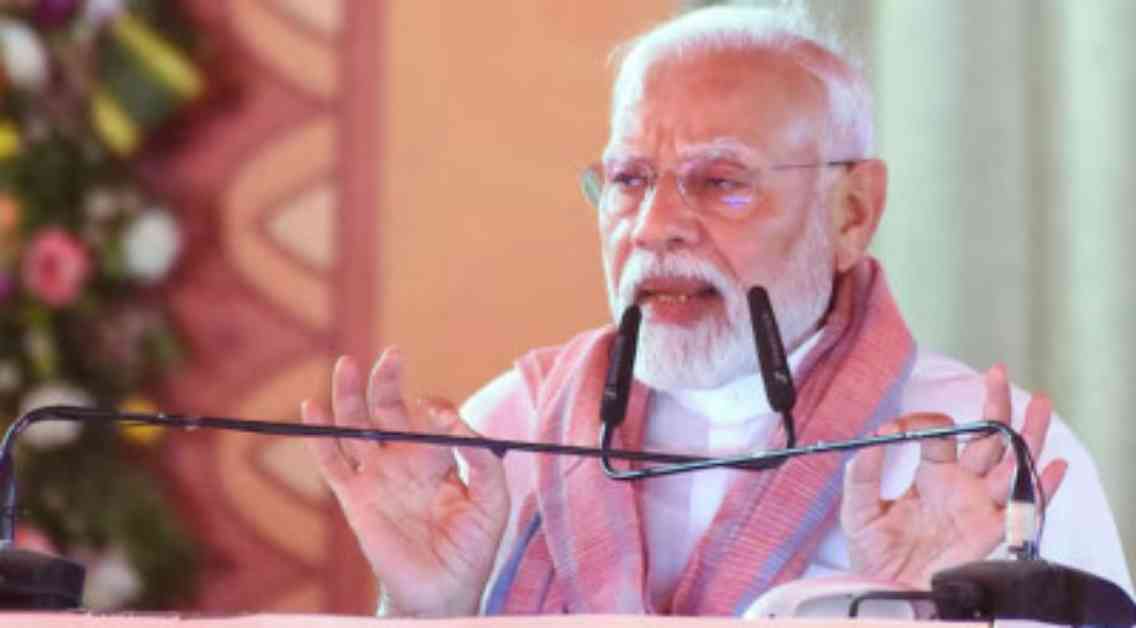Narendra Modi, the Prime Minister of India, recently stated that Pakistan will no longer receive water from the rivers controlled by India. He made this statement on Thursday, sparking further tension amidst the ongoing conflict in the India-administered Kashmir region. Following an attack in Pahalgam, Kashmir, both India and Pakistan displayed signs of conflict, although both countries have since shown willingness to avoid war.
The Attorney General of Pakistan, Mansoor Usman Bajwa, revealed in an interview with Reuters that Islamabad is prepared to discuss the sharing of water resources with neighboring countries, including India. However, he emphasized the importance of adhering to the decades-old agreements between the two nations. The recent attack in Pahalgam on April 22nd, allegedly orchestrated by New Delhi, has escalated tensions, leading to Pakistan’s rejection of India’s decision to suspend the Indus Water Treaty.
If Pakistan is denied access to river water, it could have disastrous consequences, as the 1960 Indus Water Treaty secures 80% of Pakistan’s agricultural land’s water supply from three rivers in India. Modi addressed a public gathering in the border state of Rajasthan, stating that Pakistan must pay a hefty price for every terrorist attack, warning that their military and economy will suffer as a result. Despite recent attempts by India to renegotiate the treaty due to perceived reasons, Bajwa stated that Pakistan is ready to engage in dialogue and address any concerns raised within the terms of the agreement.
Furthermore, Bajwa highlighted that Islamabad views the treaty as legally binding and non-negotiable, rejecting any unilateral attempts to suspend it. He emphasized that the agreement remains effective and essential for Pakistan’s interests. The situation between India and Pakistan remains volatile, with both countries expressing their positions through diplomatic channels. The future of the Indus Water Treaty hangs in the balance, as both nations navigate through complex geopolitical tensions and conflicting interests.
In conclusion, the recent developments in the India-Pakistan water dispute underscore the fragile nature of their relationship and the potential ramifications of disrupting vital resources. The fate of the Indus Water Treaty remains uncertain, with both sides standing firm on their respective positions. The need for dialogue and cooperation is paramount to avoid further escalation and mitigate the risks of conflict in the region. As tensions persist, the international community watches closely, hoping for a peaceful resolution to the longstanding water-sharing agreement between India and Pakistan.
























